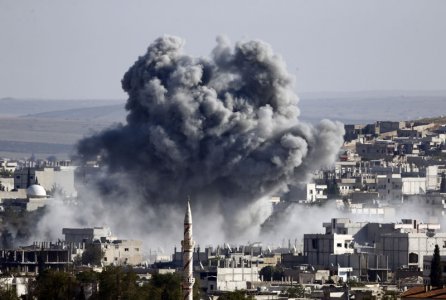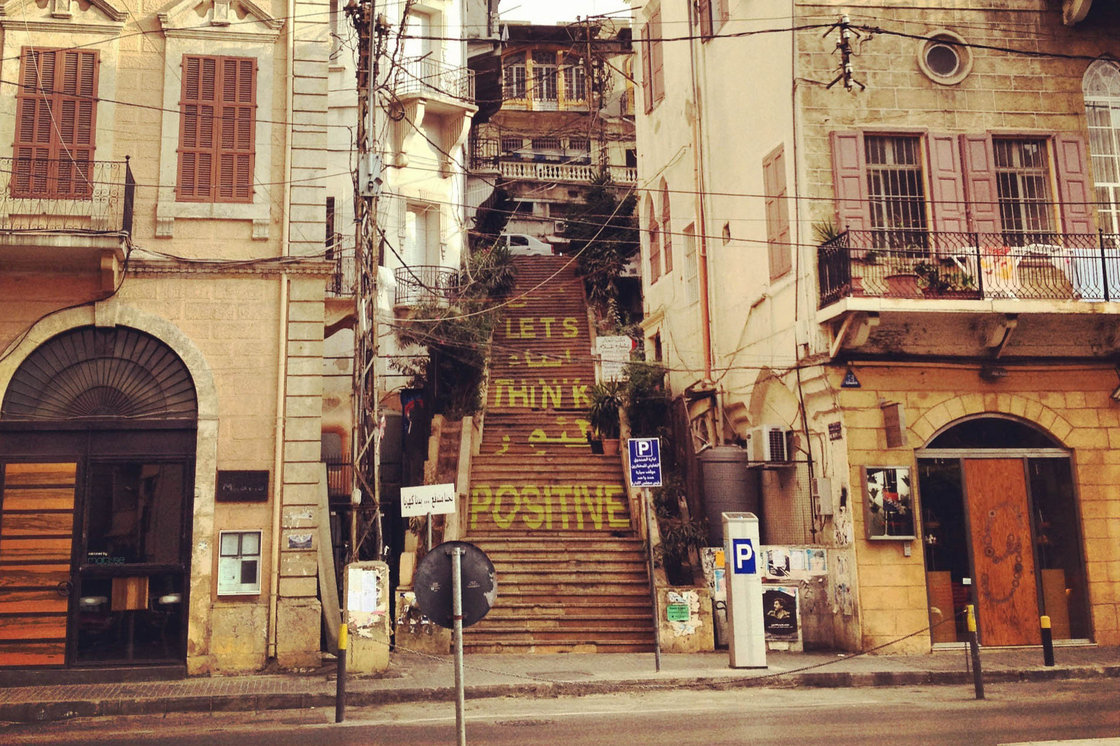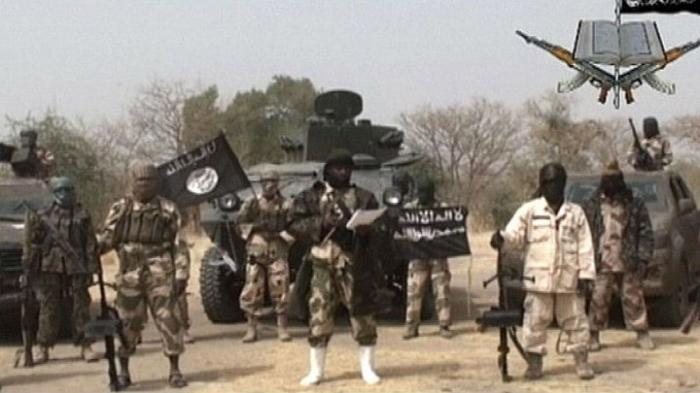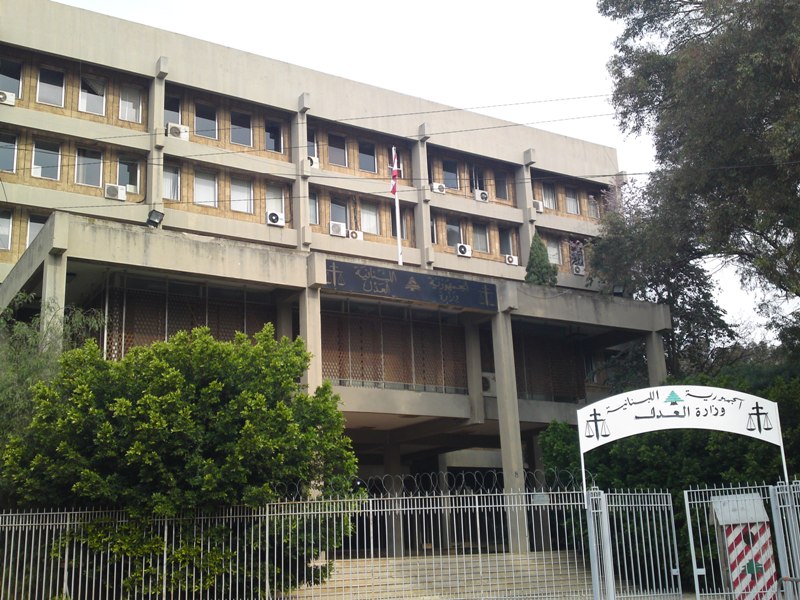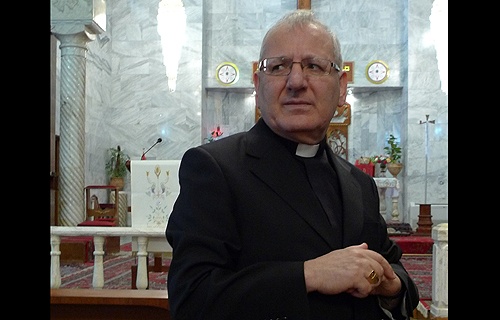
Archibishop Louis Sako
.- Chaldean patriarch Louis Sako I has suspended a group of monks and priests who fled Iraq without consulting their superiors, saying a priest’s primary duty is to serve his flock wherever he is asked.
“Before his ordination, the ‘Priest’ announces the offering of his whole life to God and the Church. It is an offering grounded in the obedience to his superiors without any conservation,” Patriarch Sako said in his Oct. 22 statement. “For monks, the vows are absolute; chastity, obedience and poverty. Looking for substitutes is considered a grave violation to the vows.”
Published on the Chaldean Patriarchate’s website, the statement gives the names of six priests and six monks who, as of Oct. 22, have been suspended from their priestly duties for leaving their eparchies without consulting their superiors, and for refusing to return when asked. The patriarch noted that those who left are currently living in the United States, Canada, Australia and Sweden, and assured that because of this, his decision “is not an act against a certain Eparchy.”
He explained that the decision was made in accord with the monastic context after consulting Canon Law and monastic regulations, as well as speaking with the permanent synod and informing the Vatican’s Congregation of the Oriental Churches. Patriarch Sako asked that all bishops adhere to Canon Law in order to ensure order in the midst of the crisis unfolding in the Middle East, and to maintain centralization in the Church and Eparchies.
